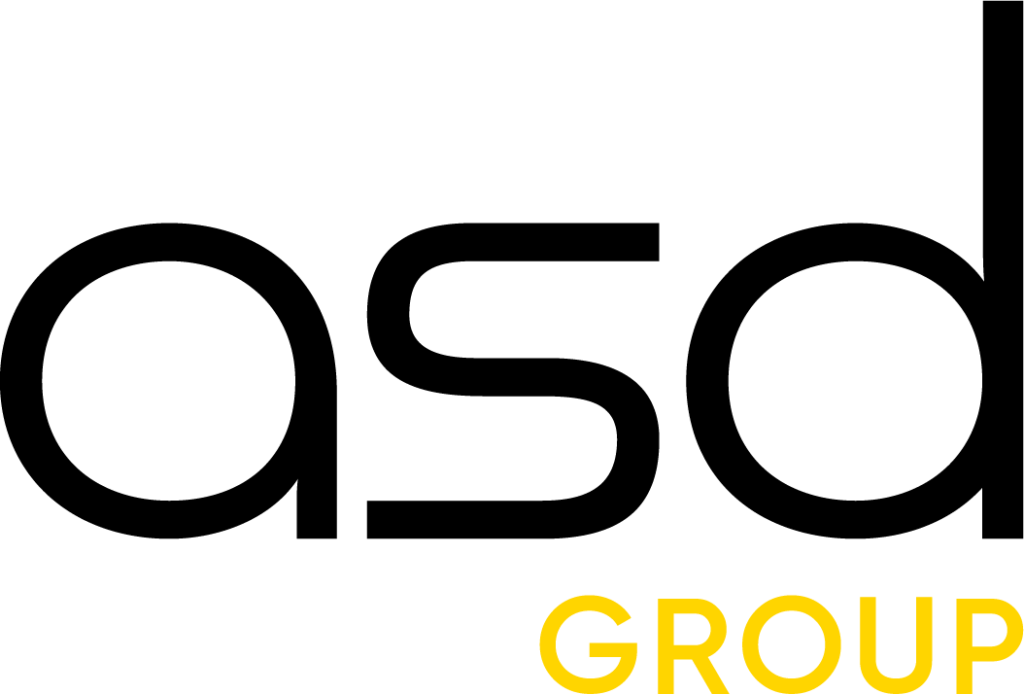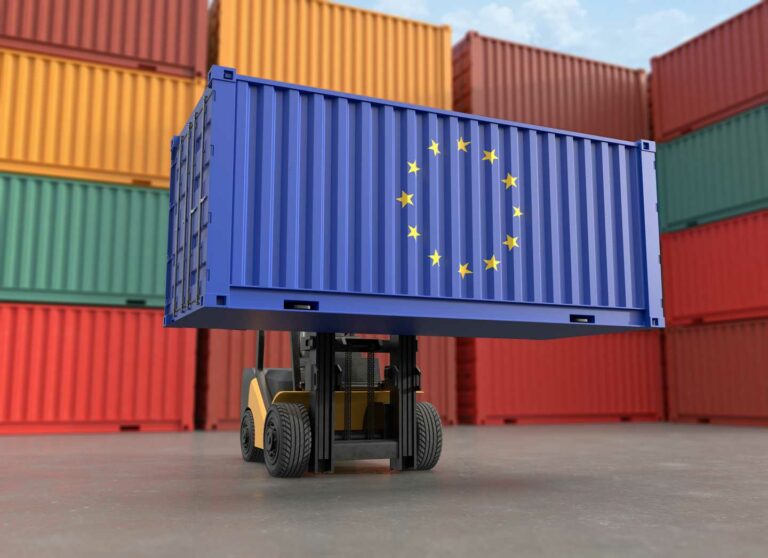Below is a summary of the VAT system and the requirements in the triangular intra-community operations for the delivery of goods between persons or entities liable to pay VAT. It is important to note that we do not include here products subject to a specific tax regime (for example, products subject to excise duty).
An operation is regarded as a simplified triangular operation if :
- Company A, subject to VAT in one member country of the European Union, sells goods to company B in another member country of the community, which itself resells the goods to company C subject to VAT and established in a third member country.
- The goods are delivered directly from the country of company A (member country 1) to the country of company C (member country 3).
- Company B, called the buyer-reseller, is not established for tax purposes in either of the other two countries.
This operation benefits from the simplification stipulated in article 141 of European directive 2006/112and exempts company B from :
- The requirement to identify itself in another member country
- Payment of VAT
Important note:
A key requirement is to be able to provide proof of the physical delivery of the goods from country 1 to country 3. The carriage document will be requested by the tax department in the event of a tax inspection. The measure does not apply when one of the operators is established outside the European Union or if it is not identified for VAT purposes (not taxable).
REQUIREMENTS DIFFER DEPENDING ON YOUR ROLE
Fiscal and Intrastat (DEB) requirements differ depending on whether you are a buyer, buyer-reseller, or seller. It is important to identify your role in the operation to determine the formalities to be completed. The following are examples of specific cases and requirements that are dependent on the role of the operator (in a scenario where the three operators are companies subject to VAT in three different member states):
1. Triangular operations requirements as a buyer
Your French company A purchases goods from Italian supplier B who in turn purchases these goods from Danish company C. The goods are delivered directly from Denmark to France.
- Danish company C invoices its goods to Italian company B exclusive of tax
- Italian company B invoices French company A exclusive of tax
- Your French company A must reverse charge VAT on your declaration CA3 (line 03 heading 0031) and file a trade of goods declaration of entry (entry Intrastat) under regime 11 identifying Denmark as the country of origin.
It is important to add that the invoices must include intra-community VAT numbers and the words: Application of reference 141 of Council directive 2006/112/CE dated 28th November 2006.
2. Triangular operations requirements as a buyer-reseller
Your French company A buys goods from Irish supplier B which you resell to Belgian company C. The goods are delivered directly from Ireland to Belgium.
- Your French company must provide an invoice of sale to the Belgian client exclusive of tax with the words “Application of reference 141 of Council directive 2006/112/CE dated 28th November 2006.”
- You must file a trade of goods declaration under regime 31.
- Your Irish supplier invoices you exclusive of tax.
- The Belgian company pays VAT in its own country.
3. Triangular operations requirements as a seller
Your French company A sells goods to Italian company B which resells the goods to Spanish company C. The goods are delivered directly from France to Spain.
- You invoice your Italian client exclusive of tax referencing article 262 (b) I of the general tax code on the invoice.
- You establish a trade of goods declaration (Intrastat) stating the Italian number as the buyer and the country of destination, Spain. Indicate regime 21.
- The Italian company invoices the Spanish company exclusive of tax.
- The Spanish company pays VAT in in its own country.
- Important note: It is essential to check the intra-community VAT numbers of your clients and suppliers in the official VIES database. In the event that the VAT number is not valid, the operation will no longer be deemed to be a simplified triangular operation and consequently the requirements will not be the same.
The information above is intended to serve a guideline only.
FIND OUT MORE ABOUT OUR VAT TRAINING SERVICE
We offer customised VAT training courses to train you in VAT rules that apply in France and in Europe. Training is based on real case studies. This approach offers practical solutions that your company can put in place.




